Since the start of the Wuhan coronavirus pandemic began, President Donald Trump, Vice President Mike Pence and the White House Coronavirus Task Force have all talked about a vaccine. The goal was to create a vaccine that would help protect Americans from the virus. While vaccines typically take a couple of years to produce and test out in various trials, we have been repeatedly told a final Wuhan coronavirus vaccine would be released by the end of the year.
The White House and members of Congress are banking on vaccine development to get the United States through this pandemic. Even if a successful vaccine is developed, succeeds in trials, and makes its way to market, just how many Americans are willing to vaccinate?
According to a new poll conducted by Yahoo News and NewGov, 42 percent of Americans say they would get the vaccination. That number is a record low for willingness to get a vaccine, and it could be a problem for the nation. Scientists say at least 60 percent of the population – although 75 to 80 percent would be ideal – need to get the vaccine in order for the vaccine to be effective.
The reason people are reluctant to receive the vaccination varies considerably.
"The outlook for universal vaccination is clouded by political considerations from both sides: skepticism about medical authority and expertise (more common among Trump supporters), and suspicions (mostly among Democrats) that the administration is cutting corners on safety to rush a vaccine into production before the election," the poll concluded.
One of the challenges is determining how effective a vaccine truly is. The measles vaccine is very effective. It has a success rate of 95 to 98 percent. The flu vaccine, however, ranges between 40 and 60 percent. When the effectiveness isn't as high, more people need to receive the vaccine in order for a virus to subside.
Recommended
Right now, the government has the goal of finding a vaccine with a 50 percent efficacy rate. Even though it won't put out the Wuhan coronavirus pandemic in the United States, such a vaccine would help slow the spread. But if less than half of all Americans are willing to get the vaccine, the chances of the vaccine being successful is highly unlikely.


















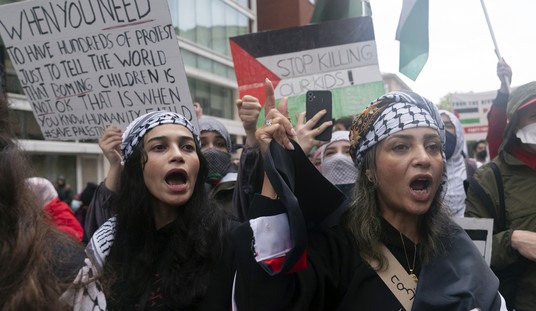

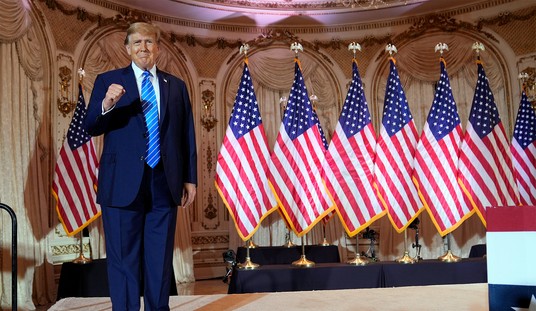
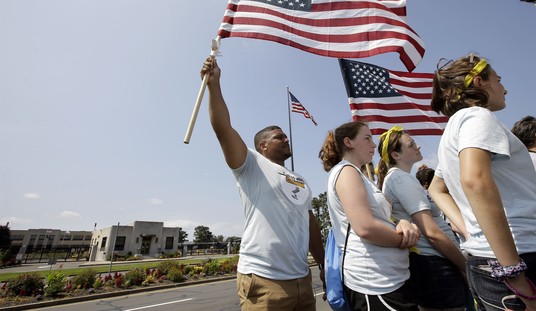
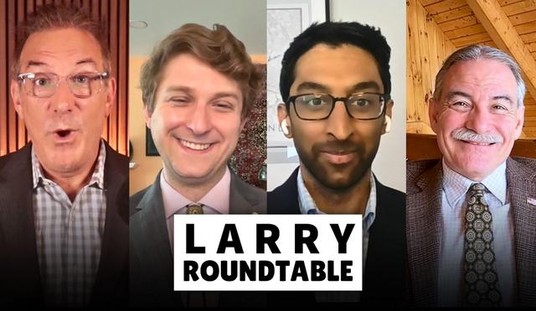
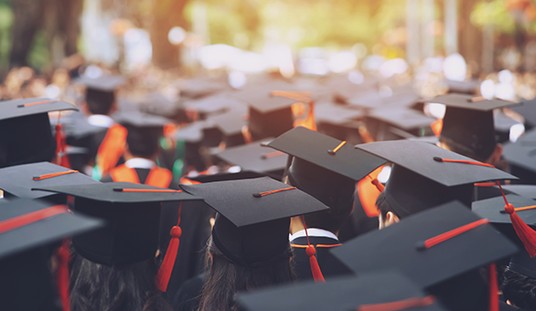

Join the conversation as a VIP Member